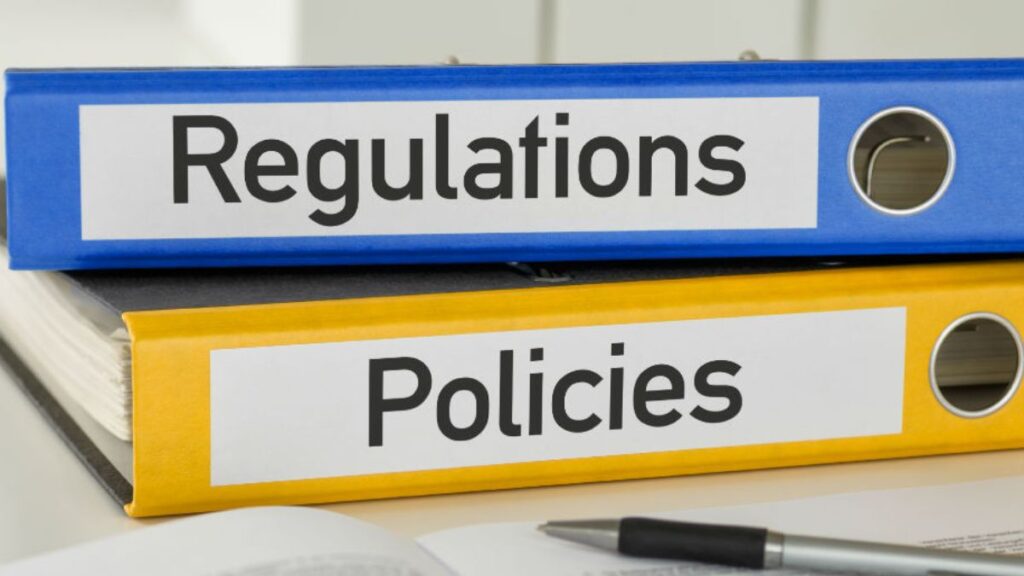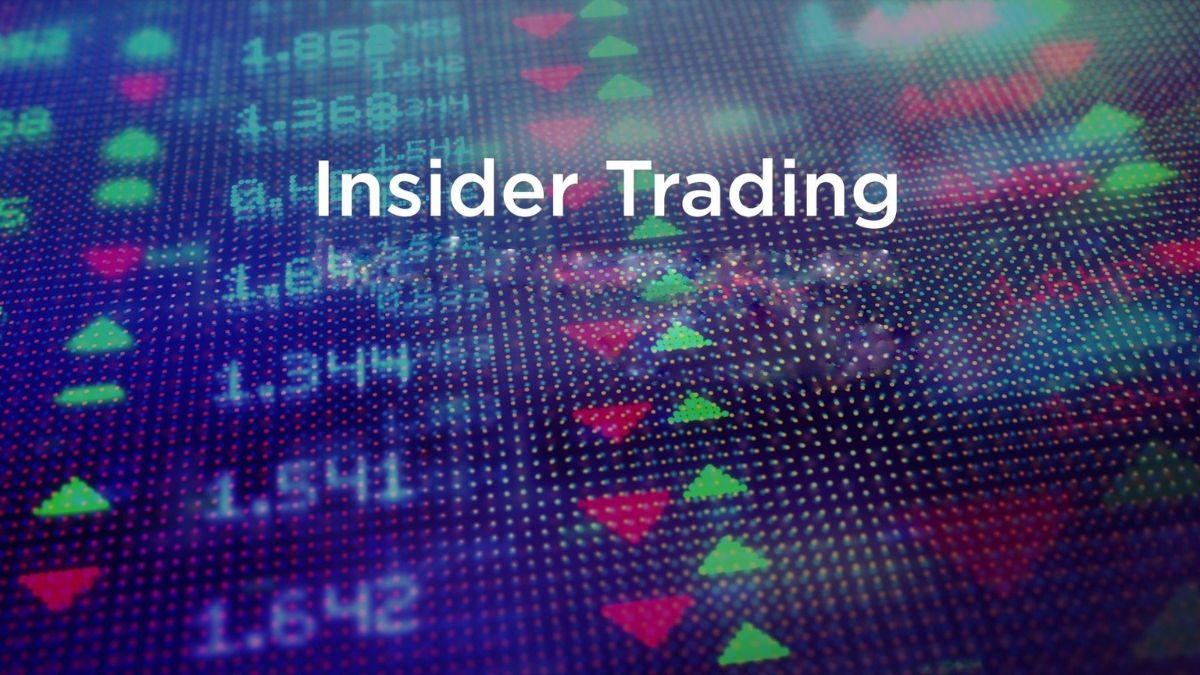Insider trading, the practice of buying or selling securities based on material non-public information, presents a significant ethical dilemma within the realm of financial markets. This practice provides individuals with an unfair advantage, undermines market integrity, and breaches fiduciary duty. Understanding the ethical implications of insider trading is essential for maintaining trust, fairness, and transparency in financial systems.
This essay delves into the ethical considerations surrounding insider trading, focusing on the exploitation of non-public information, the distortion of the level playing field, the breach of fiduciary duty, and the impact on market integrity. By examining the ethical dilemmas inherent in insider trading, including the role of trading windows, we aim to deepen our understanding of why this practice is universally regarded as unethical.
Trading Windows In Insider Trading
One key aspect to consider in the ethical analysis of insider trading is understanding trading windows in insider trading. Trading windows refer to specific periods during which insiders, such as corporate officers and executives, are allowed to buy or sell company securities. These windows are designed to prevent insider trading and ensure that transactions are conducted on an equal footing with other market participants. By imposing restrictions on when insiders can trade, trading windows aim to minimize the potential for abuse of non-public information.
However, it is crucial to recognize that trading windows alone do not eliminate the ethical concerns associated with insider trading. Despite the existence of designated periods for insider trading, the ethical implications of trading on non-public information persist. Insider trading can still occur within these windows if insiders exploit loopholes or manipulate information timing.
Exploitation Of Non-Public Information
A. Impact On Fairness And Equal Opportunity
Insider trading enables individuals to profit at the expense of other investors who lack access to non-public information, creating an unequal playing field.
B. Unethical Advantage Over Other Investors
Insider trading undermines the principles of fair competition and undermines market integrity by allowing insiders to profit from privileged information.
Distortion Of The Level Playing Field
A. Impact On Market Efficiency And Competition
Insider trading distorts market dynamics, hindering the efficient allocation of resources and compromising the fairness and competitiveness of markets.
B. Unfair Advantages For Insiders And Associated Risks
Insider trading provides insiders with unfair advantages, such as the ability to time trades or manipulate stock prices, which can result in negative consequences for other market participants.
Breach Of Fiduciary Duty
A. Duties Of Corporate Officers And Executives
Insider trading violates the fiduciary duty that corporate officers and executives owe to shareholders and stakeholders, as they are obligated to act in their best interests.
B. Violation Of Trust And Loyalty To Stakeholders
Insider trading erodes trust in corporate leadership, as it indicates a betrayal of the trust placed on executives by shareholders and stakeholders.
Trust And Integrity In Financial Markets
A. Importance Of Trust In The Functioning Of Markets
Trust is a fundamental component of financial markets, and insider trading undermines this trust, resulting in skepticism and decreased confidence among investors.
B. Negative Consequences Of Insider Trading On Trust
Insider trading erodes investor confidence and may discourage market participation, negatively impacting market liquidity and efficiency.
Impact On Market Efficiency And Investor Confidence
1. Undermining Market Transparency
A. Distortion Of Price Discovery Mechanisms
Insider trading can distort the price discovery process, leading to mispricing and inefficient market outcomes.
B. Detrimental Effects On Market Efficiency
Insider trading reduces the informational efficiency of markets, as non-public information is not fully reflected in security prices.
2. Detrimental Effects On Trust And Investment Decisions
A. Investor Skepticism And Reduced Confidence
Insider trading can create a perception that markets are rigged or unfair, leading to reduced investor confidence and potentially deterring investment.
B. Potential Consequences For Capital Allocation
Insider trading may result in the misallocation of capital, as investment decisions are influenced by non-public information instead of fundamental market factors.
Counterarguments And Criticisms
Rationality And Information Efficiency
1. Efficient Market Hypothesis
A. The Efficiency Of Information Incorporation In Prices
The efficient market hypothesis argues that securities prices fully reflect all available public information, suggesting that insider trading does not provide a consistent advantage.
B. Limited Profitability Of Insider Trading
Critics contend that insider trading is not consistently profitable, suggesting that it does not significantly impact market efficiency.
2. Role Of Information Dissemination
A. Efficient Dissemination Of Public Information
Advocates argue that the timely and widespread dissemination of public information can mitigate the advantages of insider trading.
B. Accessibility Of Information To All Market Participants
Counterarguments suggest that public information is readily available to all participants, reducing the need for insider trading to gain an informational advantage.
Challenges In Enforcement And Defining Materiality
1. Difficulties In Detecting And Proving Insider Trading
A. Concealment Strategies And Technological Challenges
Insiders may employ various tactics to conceal their activities, making detection and prosecution challenging for regulatory bodies.
B. Resource Constraints Of Regulatory Bodies
Limited resources and staffing constraints can hinder the ability of regulatory bodies to effectively monitor and investigate instances of insider trading.
2. Ambiguity In Defining Material Non-Public Information
A. Interpretation Challenges For Regulators And Courts
Determining whether specific information meets the threshold of materiality can be subjective, leading to inconsistent enforcement and legal challenges.
B. Impact On Legal Enforcement And Prosecution
Ambiguity in defining material non-public information can complicate legal proceedings, making it difficult to establish culpability and secure convictions.
Ethical Frameworks And Justifications
1. Consequences For Overall Market Participants
A. Negative Effects On Market Efficiency And Fairness
Insider trading can disrupt the efficient functioning of markets and undermine fairness, which has negative implications for all market participants.
B. Potential Harm To The Broader Economy
The repercussions of insider trading extend beyond individual gains and can harm the stability and integrity of the overall economy.
2. Negative Externalities And Potential Harm
A. Impacts On Non-Insiders And The Public Interest
Insider trading can harm non-insiders who rely on fair markets and can have broader negative consequences for public trust in the financial system.
B. Ethical Considerations Beyond Individual Gains
Utilitarianism emphasizes the well-being of society as a whole, suggesting that the ethical evaluation of insider trading should consider its broader impact.
Deontological Perspective
1. Duty-Based Approach And Respect For Fairness
A. The Importance Of Treating All Investors Fairly
Deontological ethics highlight the importance of fairness and treating individuals as ends in themselves, supporting the argument against insider trading as it creates an unfair advantage.
B. Violation Of Ethical Principles And Duties
Insider trading breaches ethical duties, such as honesty, transparency, and fairness, which are fundamental principles in financial markets.
2. The Universality Of Ethical Standards
A. Ethical Norms And Expectations In Financial Markets
Deontological perspectives assert that ethical principles should be universally applied, suggesting that insider trading should be evaluated based on broader ethical standards.
B.Consistency In Applying Ethical Principles To Insider Trading
Deontological ethics argue for a consistent and principled approach to insider trading, emphasizing the need to adhere to ethical norms and expectations.
Regulatory And Legal Measures

Laws And Regulations Against Insider Trading
Insider trading is universally regarded as a form of securities fraud that undermines market integrity and fairness. To combat this unethical practice, jurisdictions worldwide have enacted laws and regulations specifically targeting insider trading. This section provides an overview of the laws and regulations against insider trading, highlighting their objectives, key provisions, and regulatory bodies involved in their enforcement.
United States
The United States has a comprehensive legal framework for combating insider trading, primarily governed by the Securities Exchange Act of 1934. The key provisions include Section 10(b) and Rule 10b-5, which prohibit fraudulent practices in connection with the purchase or sale of securities. The Securities and Exchange Commission (SEC) is the primary regulatory body responsible for enforcing these laws, and violations can lead to civil and criminal penalties.
European Union
The European Union (EU) has harmonized regulations on insider trading through the Market Abuse Regulation (MAR) and its predecessor, the Market Abuse Directive. MAR establishes a uniform framework across EU member states, prohibiting insider trading, market manipulation, and the unlawful disclosure of inside information. National competent authorities, such as the Financial Conduct Authority in the UK and the Autorité des marchés financiers in France, oversee enforcement and compliance.
Canada
In Canada, insider trading is regulated under securities legislation enacted by provincial securities commissions, such as the Ontario Securities Commission and the British Columbia Securities Commission. The key provisions include prohibitions on trading based on material non-public information and the requirement to disclose insider trading activity. Violators can face civil and criminal penalties.
Australia
Australia has legislation addressing insider trading, primarily through the Corporations Act 2001. The Australian Securities and Investments Commission (ASIC) is responsible for enforcement and oversight. The laws prohibit trading based on inside information and mandate disclosure of certain transactions. Criminal and civil penalties, including fines and imprisonment, can be imposed for violations.
Japan
Japan has insider trading regulations under the Financial Instruments and Exchange Act (FIEA). The laws prohibit trading based on non-public material information and require timely disclosure of insider trading. The Financial Services Agency (FSA) oversees enforcement and can impose administrative penalties, such as fines and disgorgement of profits.
Role Of Regulatory Bodies And Enforcement Agencies
Regulatory bodies and enforcement agencies play a crucial role in enforcing insider trading laws and ensuring market integrity. They are responsible for monitoring, investigating, and taking appropriate enforcement actions against violations. Here are the key responsibilities of regulatory bodies and enforcement agencies
Securities and Exchange Commission (SEC) – United States
The SEC is the primary regulatory body responsible for enforcing insider trading laws in the United States. It monitors trading activities, investigates suspicious transactions, and initiates legal actions against violators. The SEC also oversees the registration of securities and ensures compliance with disclosure requirements.
Financial Conduct Authority (FCA) – United Kingdom
The FCA is the regulatory body responsible for overseeing insider trading regulations in the UK. It enforces compliance with the Market Abuse Regulation (MAR) and investigates suspected cases of insider trading. The FCA has the authority to impose fines, sanctions, and other penalties for violations.
Australian Securities And Investments Commission (ASIC) – Australia
ASIC is the primary regulatory body responsible for enforcing insider trading laws in Australia. It monitors trading activities, investigates suspicious transactions, and takes enforcement actions against offenders. ASIC also regulates and supervises the securities industry to ensure compliance with regulations.
Financial Services Agency (FSA) – Japan
The FSA is the regulatory body responsible for overseeing insider trading regulations in Japan. It conducts surveillance of trading activities, investigates suspected cases of insider trading, and imposes administrative penalties on violators. The FSA also works to maintain the fairness and transparency of financial markets.
Penalties And Deterrents For Insider Trading Violations
Insider trading violations can lead to significant penalties and deterrents to discourage such unethical behavior. The specific penalties vary across jurisdictions but commonly include the following:
Criminal Penalties
Insider trading can be a criminal offense, resulting in imprisonment for individuals found guilty. The duration of imprisonment depends on the severity of the violation and jurisdictional laws.
Civil Penalties
Regulatory bodies have the authority to impose civil penalties, such as monetary fines and disgorgement of profits, to address insider trading violations. Civil penalties act as a means of enforcement and serve to deter potential offenders.
Administrative Sanctions
Regulatory bodies can impose administrative sanctions, such as the suspension of trading privileges, revocation of licenses, or banning individuals from participating in the securities industry. These sanctions aim to deter future misconduct and protect the integrity of financial markets.
Reputation Damage
Insider trading violations can have severe reputational consequences for individuals and firms involved. Negative publicity, loss of investor trust, and damaged business relationships can significantly impact the reputation of those found guilty of insider trading.
Conclusion
Exploring the ethical dilemma of insider trading has revealed why it is universally considered unethical. Insider trading provides individuals with an unfair advantage, distorts the level playing field, breaches a fiduciary duty, undermines market transparency, and erodes investor trust. It exploits non-public information and compromises the principles of fairness and integrity in financial markets. Insider trading violates ethical standards by prioritizing personal gain over the interests of other investors and stakeholders. To maintain market integrity and fairness, it is crucial to continue addressing and deterring insider trading through robust regulations, enforcement, and ethical awareness.











